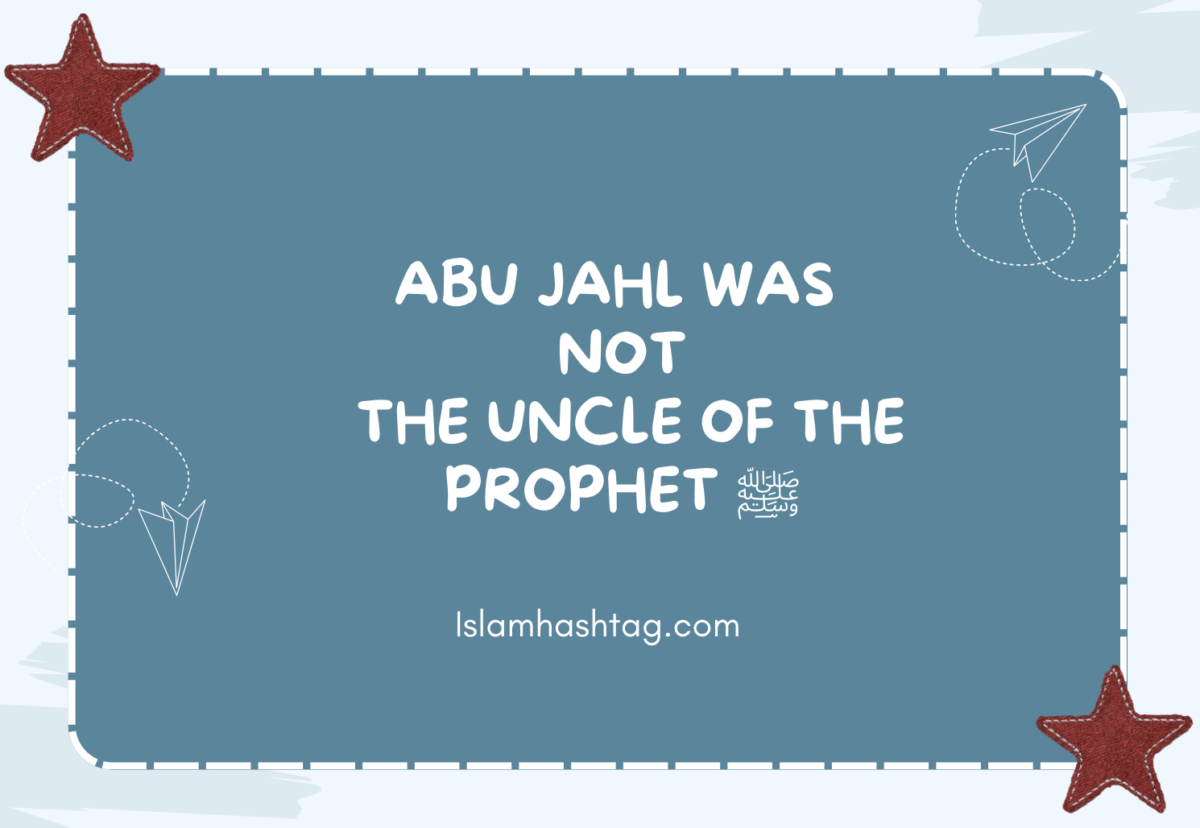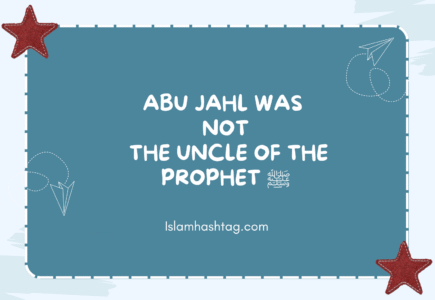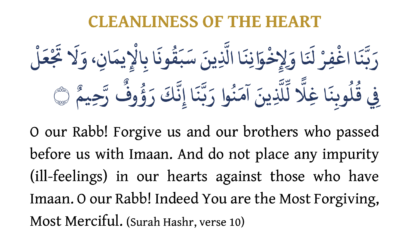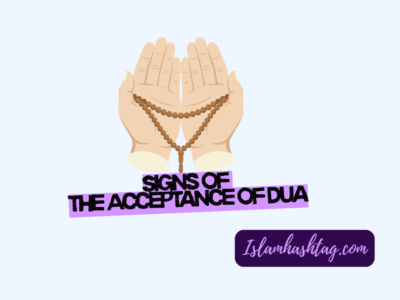In the early days of Islam, few names evoke as much defiance and arrogance as Abu Jahl. Many people mistakenly believe that he was an uncle of Prophet Muhammad ﷺ, but this is not true. Although he belonged to the same tribe — Quraysh — he was not from the Prophet’s family. His story is one of pride, denial, and ultimate defeat, serving as a timeless reminder of the consequences of rejecting truth.
Abu Jahl’s Lineage
Abu Jahl’s full name was ‘Amr ibn Hisham ibn al-Mughirah al-Makhzumi. He came from the Banu Makhzum clan, one of the powerful clans of Quraysh.
Prophet Muhammad ﷺ, on the other hand, was from Banu Hashim. Both clans belonged to the larger Quraysh tribe, and their lineages met several generations earlier at Murrah ibn Ka‘b ibn Lu’ayy.
So while Abu Jahl and the Prophet ﷺ shared tribal ancestry, they did not share direct family ties. Hence, Abu Jahl was not the Prophet’s uncle.
The Prophet’s real uncles were the sons of ‘Abd al-Muttalib, including:
- Abu Talib, who supported him before Islam,
- Hamzah ibn ‘Abd al-Muttalib, the brave martyr of Uhud,
- ‘Abbas ibn ‘Abd al-Muttalib, who accepted Islam later,
- and Abu Lahab, who opposed him fiercely.
Why Was He Called Abu Jahl?
Before Islam, ‘Amr ibn Hisham was called Abu al-Hakam (Father of Wisdom) for his leadership and judgment. But after he stubbornly rejected the Prophet’s message and opposed Islam, the Prophet ﷺ renamed him Abu Jahl (Father of Ignorance) — a name that came to define him in history.
The Qur’an refers to people like Abu Jahl in the verse:
“Thus We have made for every Prophet an enemy from among the criminals.”
(Surah Al-Furqan 25:31)
Ibn Abbas رضي الله عنه said that this verse referred to Abu Jahl.
Abu Jahl’s Hostility Towards Islam
Abu Jahl’s enmity towards Islam was fierce and relentless. Despite hearing the truth directly from the Prophet ﷺ, his pride and love for status blinded him.
- He mocked the Prophet ﷺ after the death of his son al-Qasim, saying that Muhammad was “cut off,” to which Allah revealed:“Indeed, your enemy — he is the one cut off.”
(Surah Al-Kawthar 108:3) - He plotted to kill the Prophet ﷺ in Dar al-Nadwah, suggesting that one man from each tribe should strike him at once to divide the guilt.
- He vowed to trample the Prophet ﷺ while he prayed at the Ka‘bah, but when he approached, Allah made him see a trench of fire and angels between them, forcing him to retreat in terror.
- He encouraged the mockery of the Prophet ﷺ, telling others to place the intestines of a slaughtered camel on his back during prayer. When this happened, the Prophet ﷺ supplicated against them — and Abu Jahl was among those killed at Badr.
His Role in the Battle of Badr
When the Quraysh army prepared for the Battle of Badr, some leaders advised returning home after their caravan was safe. But Abu Jahl, full of arrogance, insisted on proceeding, saying:
“We will not return until we reach Badr, stay there for three days, slaughter our camels, drink wine, and make the Arabs hear of us so that they fear us.”
He encouraged the army, boasting and mocking the Muslims. But Allah’s decree was near.
The Death of Abu Jahl
During the battle, two young Ansar, Mu‘adh ibn ‘Amr ibn al-Jamuh and Mu‘awwidh ibn ‘Afra’, asked Abdur Rahman ibn ‘Awf رضي الله عنه to show them Abu Jahl, saying they had heard of his insults against the Prophet ﷺ. When they found him, they attacked him together, striking him down with their swords.
Later, Abdullah ibn Mas‘ud رضي الله عنه found Abu Jahl still breathing. He placed his foot on Abu Jahl’s neck and asked, “Have you seen how Allah has humiliated you?” Even in his final moments, Abu Jahl’s pride did not fade. He said, “You have only killed a man of honor.” Ibn Mas‘ud then finished him.
Thus ended the life of Abu Jahl.
Lessons from the Life of Abu Jahl
- Pride and arrogance blind the heart — even when the truth is clear.
- Power and influence do not guarantee honor; faith and humility do.
- Allah defends His Messenger ﷺ, and those who oppose him meet humiliation.
- The victory of truth may seem delayed but is always certain.
Conclusion
Abu Jahl’s story stands as a stark warning against arrogance and hostility toward truth. Though he was once respected as a wise leader, his stubbornness turned him into a symbol of ignorance. His downfall at Badr reminds us that no power can stand against the will of Allah and the message of His beloved Prophet ﷺ.
References
- The Qur’an, Surah Al-Kawthar (108:3), Surah Al-‘Alaq (96:9–10), Surah Al-Furqan (25:31).
- Ibn Hisham, As-Sirah an-Nabawiyyah, vol. 1, accounts of the early persecution in Makkah.
- Ibn Kathir, Al-Bidayah wan-Nihayah, events before the Hijrah and Battle of Badr.
- Al-Tabari, Tarikh al-Umam wal-Muluk, chapter on the early Quraysh opposition.
- Al-Bukhari, Sahih al-Bukhari, Book of Jihad, narration about Abu Jahl’s death at Badr.
- Muslim, Sahih Muslim, Book of Jihad, hadith regarding Abdullah ibn Mas‘ud and Abu Jahl.
- Mawdoo3.com
Discover more from Islam Hashtag
Subscribe to get the latest posts sent to your email.






